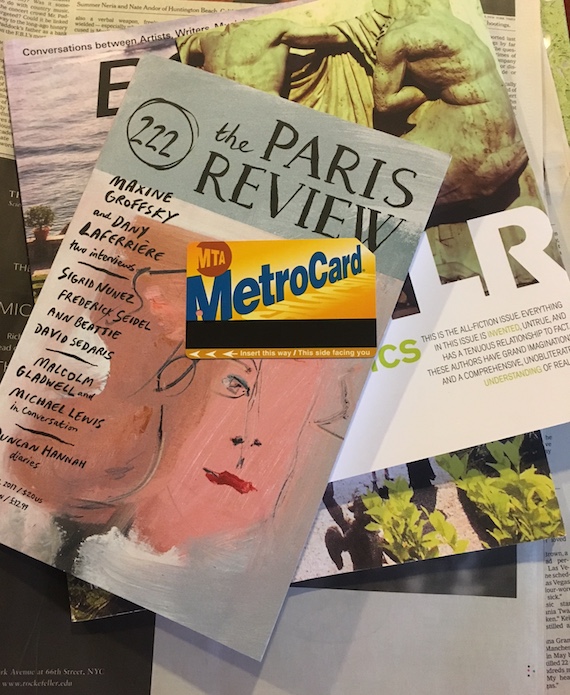As has been the tradition for the last several years, The New Yorker closed out 2008 with a fiction double issue. But astute readers may have noticed that this year’s installment was markedly slimmer than that of years’ past.
Perhaps it is common knowledge, but I was surprised to discover a few years back that it is not the amount of “news” that principally determines the length of individual issues of newspapers and magazines. The length is actually determined by the amount of advertising that’s been sold. This is why, for example, issues of dot-com-focused Wired magazine were nearly as fat as phone books at the turn of the millennium but slimmed down considerably soon after.
The New Yorker is one of the enduring success stories of magazine publishing and is generally able to command attractive advertising rates only dreamed of at other publications, thanks to its affluent and “thought-leading” mix of subscribers, but even The New Yorker may be feeling the ad spending pinch that is impacting the entire media industry right now.
This year, the year-end fiction double issue came in at 120 pages. That’s noticeably smaller than the 154 pages in 2007 and 2006 and the 152 pages in 2005.
The New Yorker has been exempt from the barrage of negative headlines about the news business, but in 2009, readers used to a hefty helping of long-form journalism and fiction may find themselves with a slimmer serving each week.







